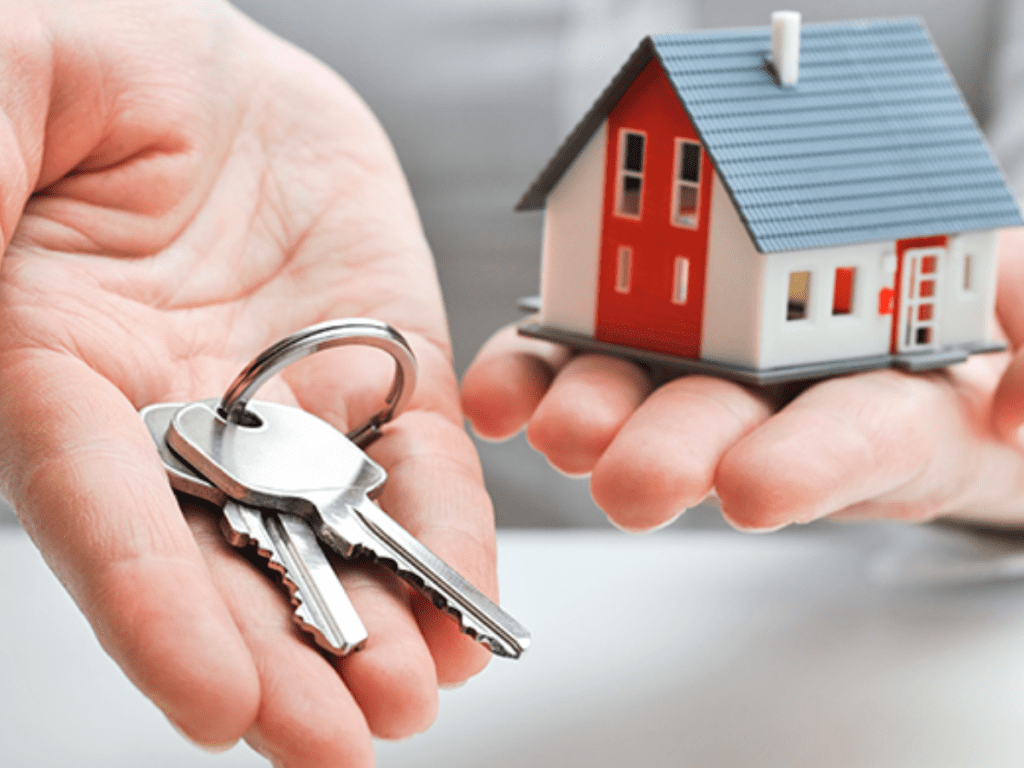Introduction
When you’re thinking about buying a home, one of the most important aspects of the process is the down payment. The down payment is the initial amount of money that you pay toward the total price of the property, and it plays a significant role in determining the type of home loan you can qualify for, the interest rates, and how much your monthly payments will be. Understanding how your down payment affects your home loan can help you make more informed decisions when it comes to saving for a bigger deposit and securing a favorable mortgage.
The Importance of the Down Payment
The down payment is the amount of money that you pay upfront when purchasing a home. This amount is typically expressed as a percentage of the home’s purchase price. For example, a 20% down payment on a $300,000 home would be $60,000. Lenders require a down payment because it demonstrates your ability to save, and it reduces the lender’s risk in case you default on the loan. The larger the down payment, the less risky the loan is for the lender.
A larger down payment offers several benefits, including:
- Lower Monthly Payments: A larger down payment means that you are borrowing less money from the lender, which reduces your monthly mortgage payments.
- Better Interest Rates: Lenders are more likely to offer you a lower interest rate if you put down a larger down payment. This is because a bigger down payment reduces the lender’s risk, which translates into lower borrowing costs for you.
- Avoiding Private Mortgage Insurance (PMI): If you make a down payment of less than 20% of the home’s purchase price, you may be required to pay for Private Mortgage Insurance (PMI). This is an added cost that protects the lender in case you default on the loan. By putting down at least 20%, you can avoid PMI and save money in the long run.
- Increased Equity: The more money you put down upfront, the more equity you have in the home right from the start. This can be beneficial if you need to sell the property later on or if you want to refinance the loan in the future.
- Increased Loan Approval Chances: Lenders are more likely to approve your mortgage application if you have a substantial down payment. This is because a larger down payment signals to the lender that you are financially responsible and capable of managing the mortgage payments.
How Much Should Your Down Payment Be?
The size of your down payment can vary depending on several factors, including your financial situation, the type of loan you’re applying for, and the lender’s requirements. However, there are some general guidelines that can help you determine how much you should aim to put down.
- Conventional Loans: Conventional loans are the most common type of mortgage, and they usually require a down payment of at least 20%. If you can afford a 20% down payment, you’ll avoid PMI and benefit from better interest rates.
- FHA Loans: FHA loans are government-backed loans that allow you to buy a home with a lower down payment. In some cases, you can put down as little as 3.5% with an FHA loan. While this option can make homeownership more accessible, you may still need to pay mortgage insurance, which can increase your overall borrowing costs.
- VA Loans: If you are a veteran or active-duty military member, you may qualify for a VA loan, which often requires no down payment at all. VA loans are typically available with competitive interest rates and don’t require PMI.
- USDA Loans: USDA loans are available for buyers in rural areas and may also offer no down payment options. These loans are backed by the U.S. Department of Agriculture and are designed to help low- to moderate-income buyers in qualifying rural and suburban areas.
- Jumbo Loans: If you’re buying a high-cost property, you may need a jumbo loan. Jumbo loans usually require larger down payments because they exceed the conforming loan limits set by the Federal Housing Finance Agency (FHFA). A down payment of 20% to 30% is often required for jumbo loans.
Strategies for Saving for a Bigger Deposit
While saving for a larger down payment can seem like a daunting task, there are several strategies you can use to make it more achievable. Here are some tips for saving for a bigger deposit:
- Set a Realistic Goal: Start by setting a clear, realistic down payment goal. Determine how much you need to save and by when. This will help you stay focused and motivated. For example, if you need to save $50,000 in three years, break it down into smaller monthly or weekly savings targets.
- Open a Dedicated Savings Account: It can be tempting to dip into your savings for other expenses, but opening a dedicated account specifically for your down payment can help you stay on track. Look for a high-interest savings account or a money market account to maximize your savings potential.
- Automate Your Savings: Set up automatic transfers from your checking account to your down payment savings account each month. Automating your savings ensures that you consistently contribute toward your goal, even if it’s just a small amount each time.
- Cut Back on Non-Essential Expenses: Take a hard look at your current spending and identify areas where you can cut back. For example, eating out less, canceling subscriptions, or limiting impulse purchases can free up more money for your down payment fund.
- Take Advantage of Employer-Sponsored Savings Plans: Some employers offer homebuyer assistance programs or down payment matching contributions. Check with your employer to see if they have any programs in place to help you save for a home.
- Consider a Side Hustle: If you have extra time or a particular skill, consider starting a side hustle to earn extra income. Whether it’s freelancing, driving for a rideshare company, or selling handmade goods, additional income can help you reach your down payment goal faster.
- Use Windfalls Wisely: If you receive a tax refund, bonus, or inheritance, consider using these windfalls to boost your down payment fund. While it may be tempting to spend this money on non-essential items, putting it toward your home purchase can bring you closer to your goal.
- Reduce Debt: Paying down high-interest debt can free up more money for your down payment savings. Consider paying off credit cards, personal loans, or other high-interest debt to reduce your monthly obligations and increase your ability to save.
- Look for Down Payment Assistance Programs: Depending on where you live, there may be down payment assistance programs available to first-time homebuyers or low- to moderate-income buyers. These programs often provide grants or low-interest loans to help you cover the down payment or closing costs. Check with local government agencies, non-profit organizations, and lenders to see what programs are available in your area.
- Consider a Co-Borrower: If you have a family member or friend who is willing to co-sign the loan with you, it can make it easier to qualify for a mortgage, especially if they have a higher income or a better credit score. A co-borrower can also help with the down payment, making it possible to save for a larger deposit more quickly.
The Role of Credit Scores in Down Payment Savings
Your credit score plays an important role in the mortgage application process. While it doesn’t directly affect the size of your down payment, a higher credit score can help you secure a better interest rate and may make it easier to qualify for a loan with a lower down payment requirement. The higher your credit score, the less risky you are to lenders.
If your credit score isn’t where you want it to be, take the time to improve it before applying for a mortgage. Paying down credit card balances, disputing errors on your credit report, and making timely payments on your existing debt can all help boost your credit score over time.
Final Thoughts
Your down payment plays a significant role in the home-buying process. A larger down payment can help you secure better loan terms, avoid PMI, and lower your monthly mortgage payments. While saving for a bigger deposit may take time and effort, there are many strategies you can use to reach your goal. By setting a clear savings target, cutting back on unnecessary expenses, and exploring down payment assistance programs, you can make homeownership a reality. And remember, the more you save upfront, the easier it will be to secure a favorable mortgage and start building equity in your new home.

